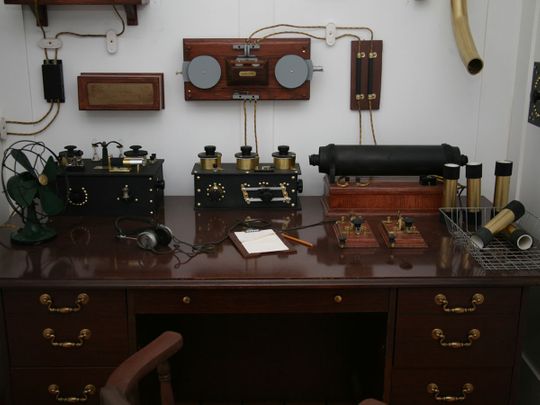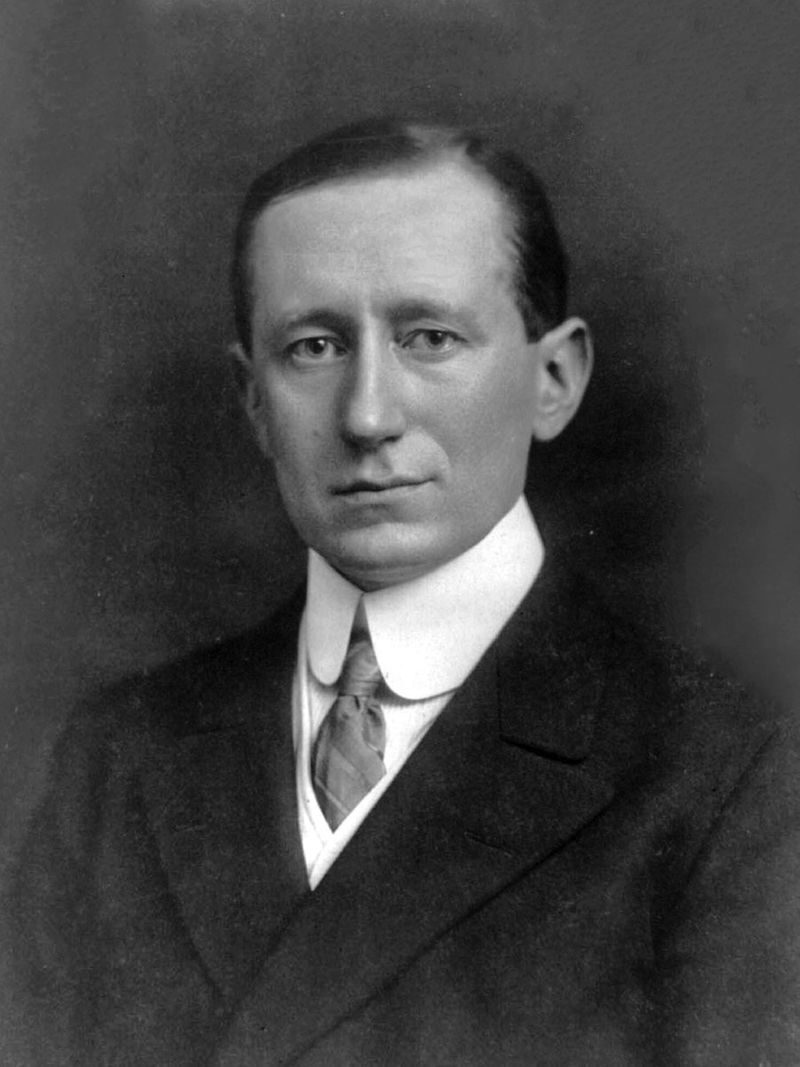
On April 15, 1912, when the RMS Titanic struck an iceberg and began to rapidly sink, two radio operators on board sent distress signals that were picked up by the RMS Carpathia. The ability to communicate through radio waves allowed 711 passengers onboard to eventually be rescued.
Click start to play today’s Crossword, which tests your knowledge of the radio.
Interestingly, the radio operators who helped save so many people aboard the ship were not employees of the Titanic or its parent company, White Star Line. They were assigned to the ship by Marconi International Marine Communication Company – founded by the very man who invented the radio.
According to US-based website Interesting Engineering, Britain’s postmaster-general at the time said: “Those who have been saved, have been saved through one man, Mr Marconi... and his marvelous invention.”
Guglielmo Marconi was an Italian inventor, who became fascinated with German physicist Heinrich Hertz’s discovery of “invisible waves” generated by electromagnetic interactions in 1894. Marconi successfully built his own wave-generating equipment at his family’s home, but after failing to interest the Italian government in his work, he decided to see if he could find any patrons in London.

At the age of 22, Marconi and his mother arrived in England in 1896. He immediately found backers, including the British Post Office, and within a year, was able to broadcast at a distance of up to 20km. A year later, he even set up a wireless station on the Isle of Wight, which allowed Queen Victoria to broadcast messages to her son, Prince Edward, who was aboard the royal yacht.
For his discovery, Marconi won the Nobel Prize in Physics in 1909. With a background in electrical engineering, rather than in any sort of scientific field, he is known to have sheepishly admitted that he didn’t really understand how his invention worked, in his Nobel Prize acceptance speech.
Regardless, Marconi’s invention was a milestone in the technological advances that mark human history. Today, around the world, bridges and airports have been named after him. He even has a special place in space: a crater on the far side of the moon is named after him, as is an asteroid, called “1332 Marconia”.
Play today’s Crossword and let us know if you enjoyed it at games@gulfnews.com.





